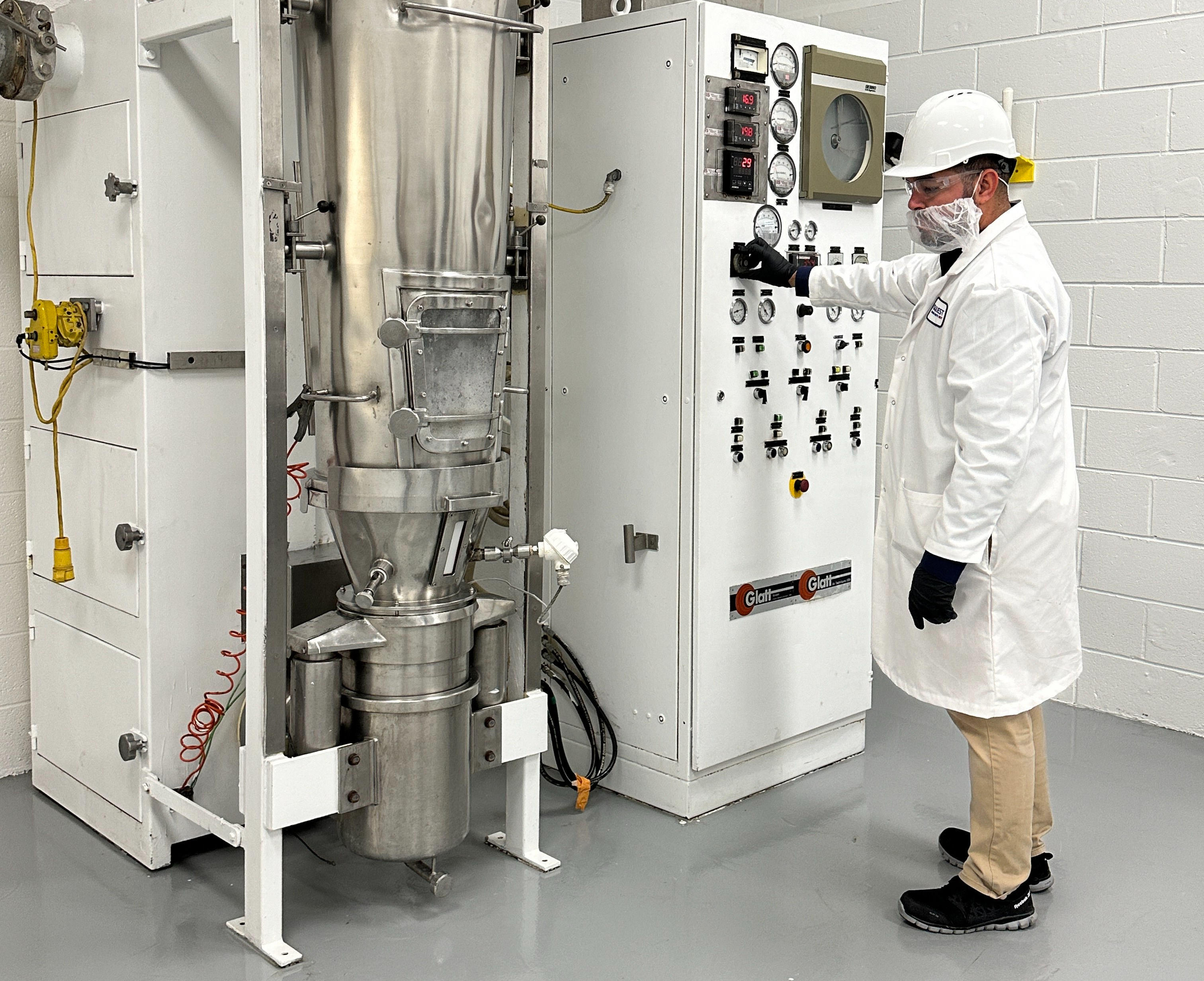The release notes that there is no federal oversight of cannabidiol (CBD) products, a lack of scientific evidence, and uncertainty regarding its legality—but Cindy McDaniel, SVP of Consumer Health and Impact at the Arthritis Foundation, observed in the release that “While CBD is controversial and its effectiveness inconclusive, people with arthritis aren’t waiting to try it to treat their pain. To help gain a deeper understanding about how people with arthritis feel about using CBD, we conducted anational surveyin July. Our survey results confirmed the need to push for more regulation and provide useful CBD guidance.”
Related: NIH Investigating Minor Cannabinoids, Terpenes for Potential Pain-Relieving Properties Study: ParActin Eases Knee Joint Pain Cranberry Juice May Decrease Disease Activity in Women with Rheumatoid Arthritis
Of the 2,600 people who responded to the survey:- 79% are currently using CBD, have used it in the past, or are considering using it as an alternative therapy to help manage their arthritis pain
- 29% are currently using CBD
- 87% of those currently using CBD are doing so to help manage pain, with 67% reporting improvement in physical function and over 30% saying it helped relieve symptoms of fatigue
- 66% report having a conversation with their doctor about CBD use; 46% were given information about CBD from their healthcare provider
- 47% of those surveyed are unsure if CBD will be effective.
The guidance directs those with arthritis to, first and foremost, talk to their healthcare provider: “Together,” it says, “they can review what has worked or not worked in the past, whether there are other options to try first, how to do a trial run, what to watch for and when to return for a follow-up visit to evaluate the results. Keep a symptom and dose diary to track effects.” It discusses the pros and cons of different delivery methods, recommends going “low and slow,” and—in those states where medical marijuana is legal, and with the approval of a doctor—trying a low-THC product in conjunction with a CBD product, if CBD alone doesn’t work. The guidance also offers advice on shopping for products. The full guidance is availablehere.
CBD manufacturer Folium Biosciences released a media announcement praising the guidance. Vanesa Fernandez, Chief Scientific Officer, said: "Unfortunately the lack of regulation in the CBD industry allows for unscrupulous companies to sell products that are misleading and potentially unsafe. Since the founding of Folium Biosciences, we have been pushing for more regulation and transparent processes in the marketplace, and having the nation's largest arthritis advocacy group provide guidance from medical experts is a huge step forward for the industry. Seeing our internal standards become the suggested purchasing guidelines validates our continuous efforts to provide the safest and most effective product in this emerging market."










